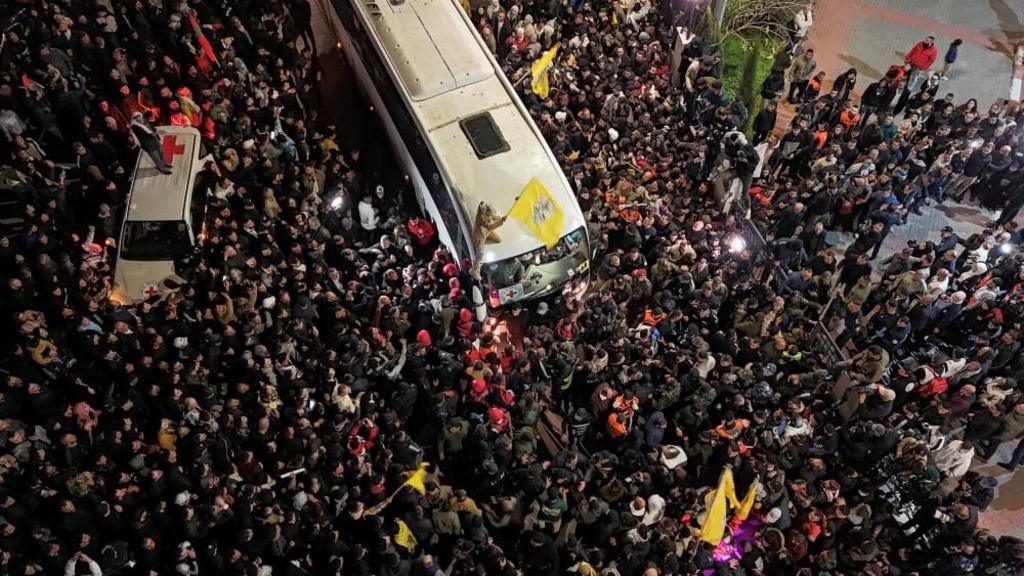As of today, the Gaza-Israel conflict remains in a fragile, with recent developments threatening the current ceasefire.
Ceasefire Under Strain
A Hamas official has blamed Israel of disturbing the ceasefire agreement by delaying the release of approximately 600 Palestinian's. This delay has halted further negotiations, with Hamas stating that talks will not resume until the prisoners are freed. The official emphasized that Israel's actions jeopardize the ceasefire and could lead to a resumption of hostilities.
Humanitarian Crisis in Gaza
The humanitarian situation in Gaza continues to deteriorate. At least six infants have died from hypothermia in the past two weeks due to inadequate shelter and cold weather conditions. Hundreds of thousands of displaced individuals are living in squalid conditions, lacking proper shelter and basic necessities.
International Efforts and Political Dynamics
President Donald Trump's special envoy to the Middle East, Steve Witkoff, is scheduled to return to the region to negotiate an extension of the current ceasefire. The initial phase of the truce is nearing its end, and there is an urgent need to prevent the conflict to happen. However, internal political pressures within Israel, including potential resignations from key government officials, complicate the situation.
Regional Tensions
In Lebanon, freshly appointed Prime Minister Nawaf Salam has asserted that only the nation's armed forces should defend the country, implicitly calling for Hezbollah to drop their weapons. This stance reflects ongoing regional tensions and the complex dynamics involving various militant groups
Outlook
The situation remains uncontrollable, with the potential for renewed conflict if the ceasefire collapses. Humanitarian conditions in Gaza are dire, necessitating immediate international attention and aid. Diplomatic efforts are ongoing to maintain and possibly extend the ceasefire, but significant challenges persist due to political complexities and mutual distrust between the parties involved.




































